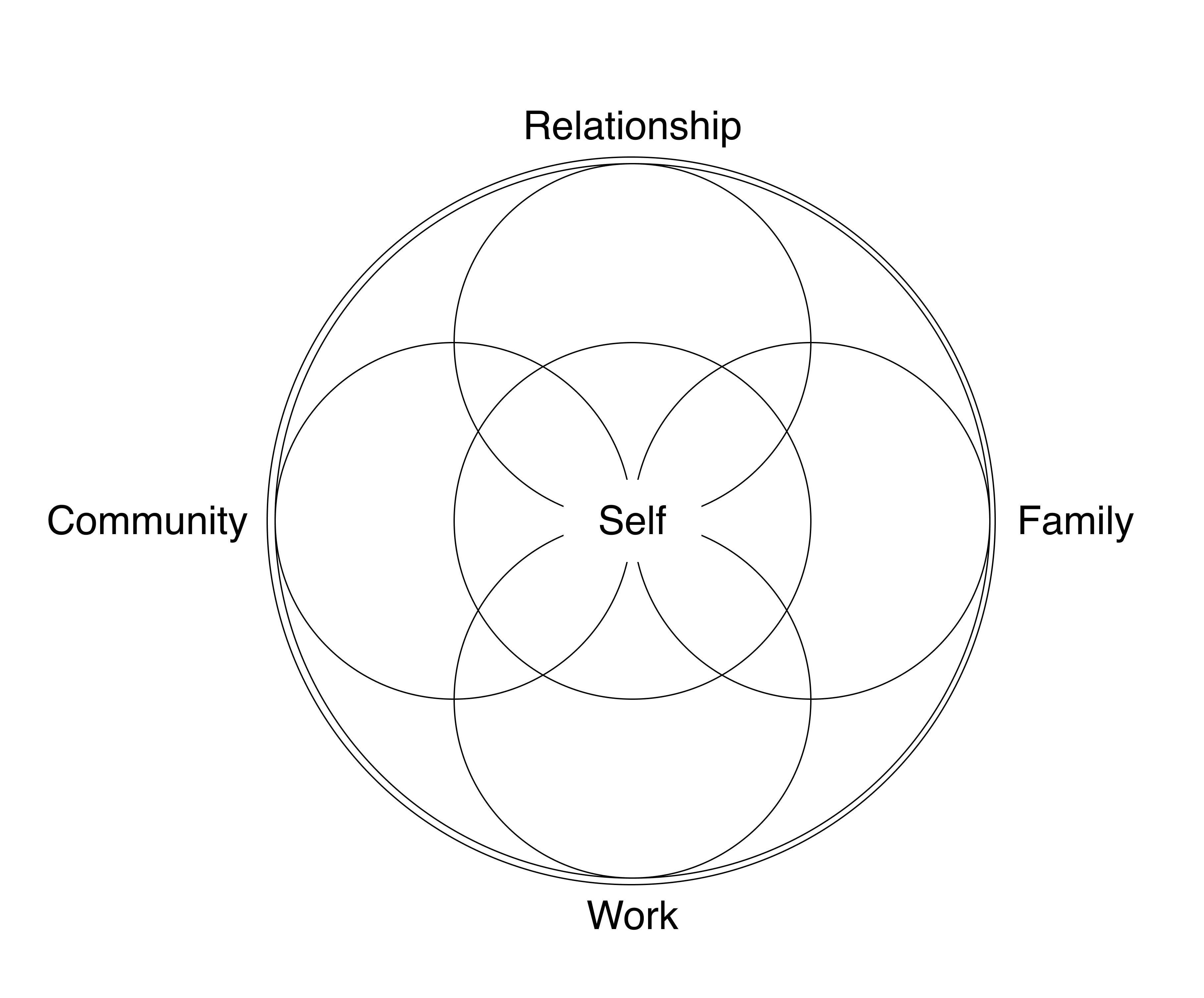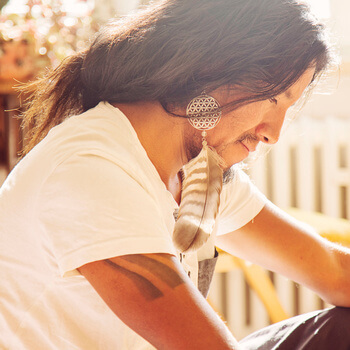What is happiness?
We all know what being happy feels like. It’s the smile that comes to your face when you’re handed a tasty ice cream, or the warmth that fills your chest when hugging someone you love.
But what about the happiness that makes for a good life?
Scientists call this happiness subjective wellbeing.






